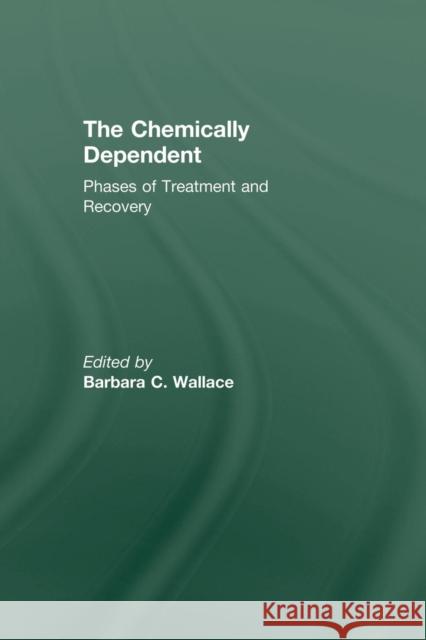Chemically Dependent: Phases Of Treatment And Recovery » książka
topmenu
Chemically Dependent: Phases Of Treatment And Recovery
ISBN-13: 9781138009592 / Angielski / Miękka / 2014 / 384 str.
Chemically Dependent: Phases Of Treatment And Recovery
ISBN-13: 9781138009592 / Angielski / Miękka / 2014 / 384 str.
cena 107,48
(netto: 102,36 VAT: 5%)
Najniższa cena z 30 dni: 60,40
(netto: 102,36 VAT: 5%)
Najniższa cena z 30 dni: 60,40
Termin realizacji zamówienia:
ok. 22 dni roboczych.
ok. 22 dni roboczych.
Darmowa dostawa!
First published in 1992. Routledge is an imprint of Taylor & Francis, an informa company.











